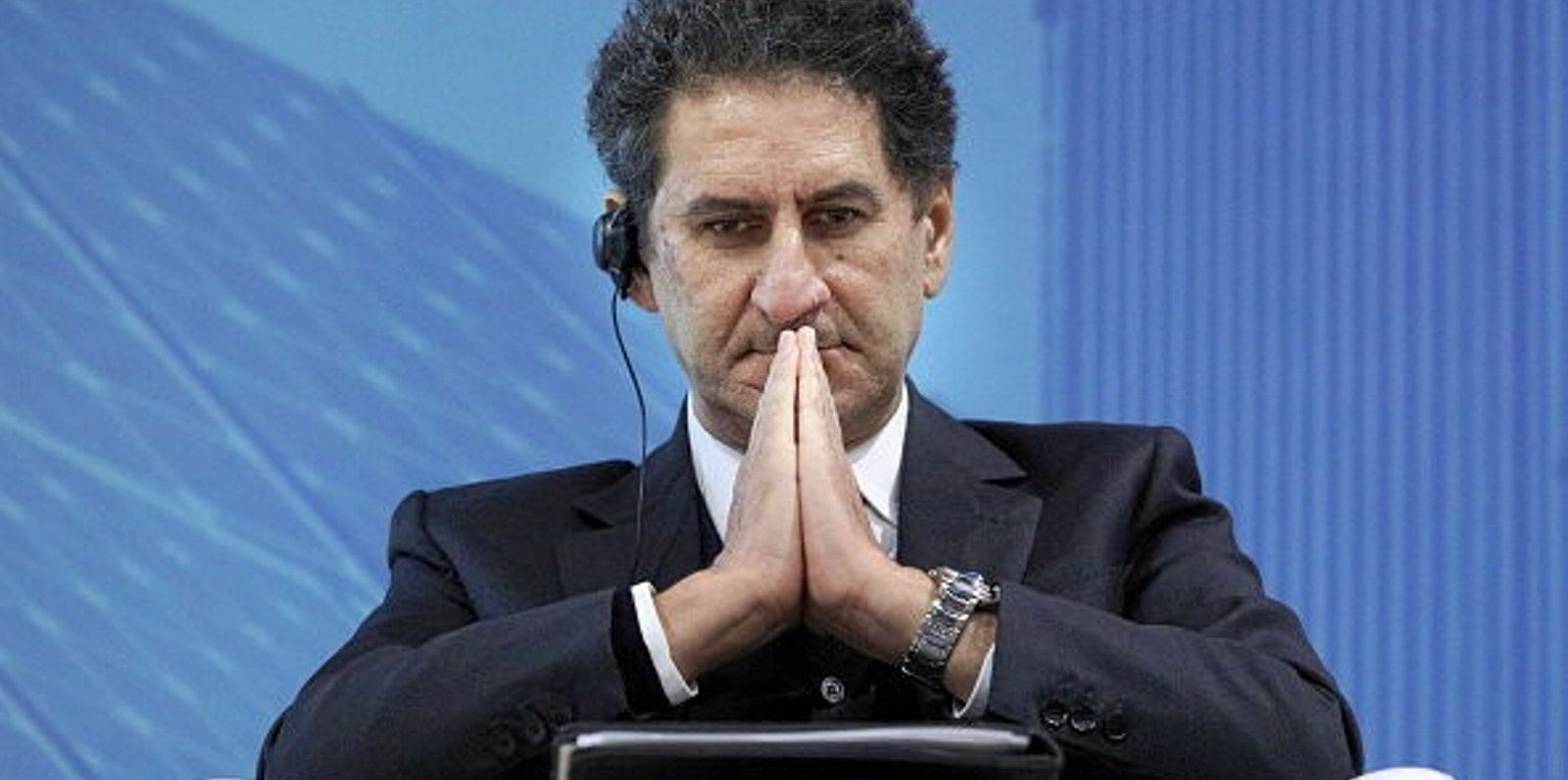- Mar 3, 2006
- 7,211
- 2,560
- 315
The US could save $5.6B a year if it switched from coal to solar – study
Feb 7, 2022Solar makes more financial sense than coal
The authors of the peer-reviewed study from the University of Surrey in the UK point out that even if no other argument, such as fighting climate change, is accepted for the switch from fossil fuels to renewables, then economics should be reason enough to embrace clean energy....Ravi Silva, director of the Advanced Technology Institute at the University of Surrey and co-author of the study, said:In October the Int'l Energy Agency [IEA]...“In most markets, solar PV or wind now represents the Cheapest available source of new electricity generation.”... In some cases, it is even cheaper to build a new solar PV plant than to continue operating an existing coal or natural gas-fired plant. IRENA estimates that 61% of coal capacity in the USA costs more to operate than building new renewable plants. Retiring these coal plants and replacing them with renewables would save USD $5.6 billion in costs and 332 million tonnes of CO2 per year.
Note, this cost competitiveness is Not the result of government subsidy. IRENA notes that “offshore wind can now compete with price levels seen in the wholesale electricity market, without financial support.” Additionally, “74% of all new solar PV projects commissioned over the next two years that have been competitively procured through auctions and tenders will have an award price lower than new coal power.”
COP26 was big news ...solar is a crucial part of the solution and one which is more cost-effective than people believe. It’s crazy that installing new solar energy plants can cost less than continuing to operate coal-fired power stations, yet changes aren’t being made.
Retiring all the uneconomic coal plants around the world and replacing them with renewables would save US $32 billion and 3 gigatons of CO2 annually, 9% of the mankind’s energy-related emissions....
Electrek’s Take
Of course, solar needs to be balanced with other sources of clean energy, such as wind and hydro, and battery storage is an essential part of the mix to regulate supply and demand. But what’s overwhelmingly clear is that coal – and indeed, fossil fuels in general – are not only bad for the environment, they’re also a terrible financial choice. That’s the main thrust of this study..
The US could save $5.6B a year if it switched from coal to solar – study
Electricity sourced from solar is cheaper than sourcing it from coal-fired power plants on a global scale, according to a new study.
 electrek.co
electrek.co
Last edited:




